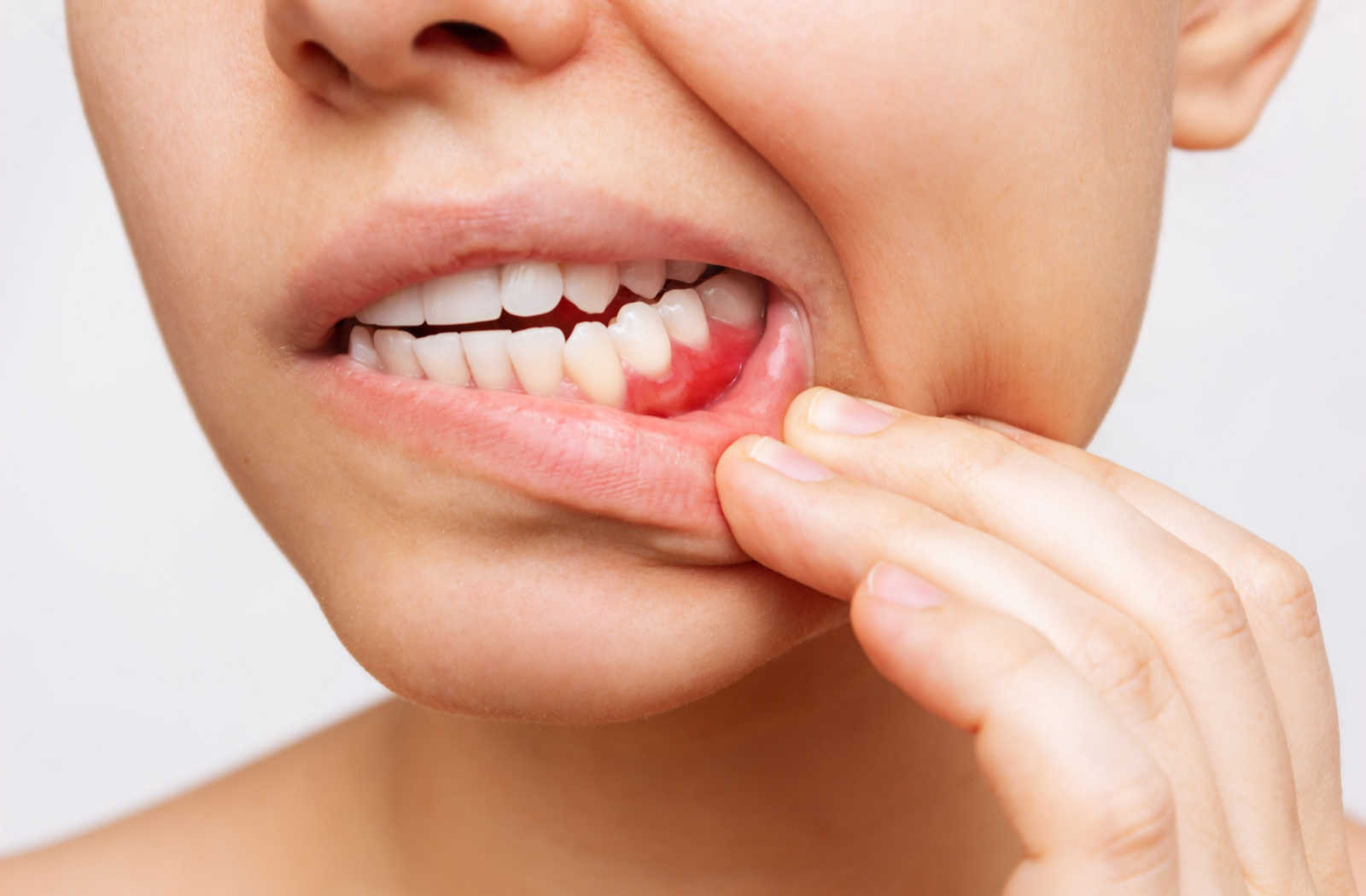Gum bleeding during pregnancy
Pregnancy is an exciting journey filled with joy, anticipation, and a range of new experiences. As a woman’s body navigates these changes, some unexpected oral health concerns may arise, including gum bleeding during pregnancy.
Understanding Gum Bleeding During Pregnancy
During pregnancy, women may encounter a condition known as pregnancy gingivitis, which is characterized by swollen, tender, and bleeding gums. This occurrence is common among expectant mothers, affecting roughly 60 to 75 percent of pregnant women worldwide.
The primary culprit behind gum bleeding during pregnancy is the hormonal changes that occur in a woman’s body. Elevated levels of hormones, particularly estrogen and progesterone, increase blood flow to all mucous membranes, including the gums, making them more susceptible to inflammation and bleeding.
Hormonal Changes and Oral Health
The release of large amounts of progesterone during pregnancy increases blood flow to all mucous membranes, causing gums to become more susceptible to bacteria. This increased vulnerability puts pregnant women at a higher risk of developing gingivitis, the first stage of gum disease.
Gingivitis typically arises from bacterial build-up around the gum line, which transforms into plaque over time. This condition can cause gums to become tender and swollen, leading to bleeding during brushing or flossing.
Dietary Changes and Oral Health
During pregnancy, dietary changes often occur, with many women experiencing cravings for carbs, sweets, and fast foods. These changes can contribute to an oral environment conducive for plaque and tartar, leading to gum inflammation and bleeding.
Moreover, hormonal surges during pregnancy can decrease saliva production, causing food particles to linger on the teeth surfaces for a longer period. This lingering can lead to a buildup of plaque, a soft, sticky substance full of bacteria that can cause tooth decay and gum disease.
Changes in Saliva
In addition to reduced saliva production, the saliva in pregnant women tends to be more acidic than that of non-pregnant women. This acidity can decrease saliva’s efficiency as a buffer, raising the risk of tooth erosion and decay.
Pregnancy Tumors
In rare cases, a small lump or nodule that bleeds upon brushing may develop on the gums. This lump, known as a pregnancy tumor or pyogenic granuloma, is usually harmless and painless.
Despite their ominous name, these tumors often disappear after childbirth. However, if they cause discomfort, inhibit chewing or brushing, or bleed excessively, they may need to be surgically removed, even during pregnancy.
Toothpaste Aversion and Oral Hygiene
Some women may avoid brushing their teeth twice a day due to an aversion to the smell of toothpaste or morning sickness. This lack of oral hygiene can lead to a buildup of bacteria in the mouth, causing bleeding gums and tooth decay.
Potential Complications of Pregnancy Gingivitis
While gum bleeding during pregnancy is quite normal and not a cause for panic, if left untreated, gingivitis can develop into periodontitis. This severe gum condition can result in teeth loosening and falling out.
Studies have shown that periodontal diseases in pregnant women can increase the risk of preterm birth, impeded fetal growth, low birth weight, pre-eclampsia, and gestational diabetes. Therefore, it’s crucial to maintain good oral hygiene and regular dental visits throughout pregnancy.
At the Picasso Dental Clinic, one of the top dental clinics in Vietnam, our experienced dental specialists can provide comprehensive dental care, from simple checkups to complex procedures, to ensure your oral health during pregnancy.
Managing Bleeding Gums During Pregnancy
Fortunately, managing gum bleeding during pregnancy is straightforward with the right practices. Here are some practical steps to help alleviate pregnancy gingivitis:
Maintaining Oral Hygiene
Ensure to adhere to good oral hygiene practices throughout pregnancy. Brush and floss twice daily using a soft-bristled toothbrush, clean your tongue with a scraper, and use an antimicrobial rinse to keep your mouth free from harmful bacteria.
Regular Dental Check-Ups
Schedule at least one dental visit in the first trimester to monitor oral health effectively and catch early signs of gum disease. Your dentist can guide you on minimizing bleeding and ensuring it’s not due to a more severe condition.
Balanced Diet
A diet rich in Vitamin C can strengthen gums, boost your immunity, and satisfy your calcium requirement daily. Although pregnancy can heighten food cravings, it’s advisable to avoid excessive sugary foods. Opt for fiber-rich whole fruit to satisfy your cravings instead.
When to Contact Your Dentist
Alongside routine checkups, it’s essential to contact your dentist immediately if you experience persistent toothache, painful gums that frequently bleed, signs of gum disease such as swollen or tender gums, chronic bad breath, loose teeth, growths in the mouth, or numbness in the mouth.
Conclusion
Although pregnancy gingivitis is fairly common and often subsides after delivery, maintaining good oral hygiene and regular dental visits are crucial for a healthy pregnancy. With the Picasso Dental Clinic’s experienced dental specialists, you can navigate your pregnancy with a dazzling and healthy smile.

Remember, pregnancy should not be an excuse to neglect your oral health. Taking extra care of your teeth and gums during pregnancy can ensure they stay strong and healthy for a long time. For a detailed consultation, contact Picasso Dental Clinic today.

